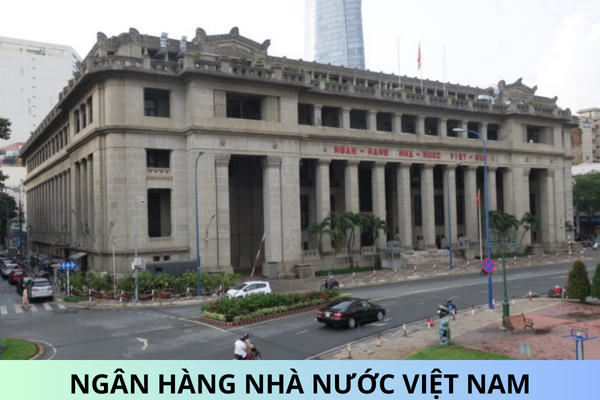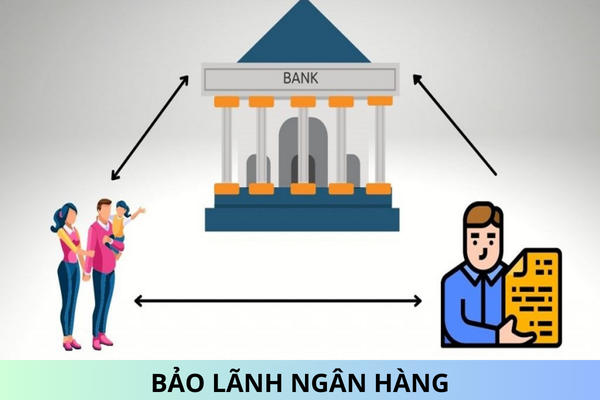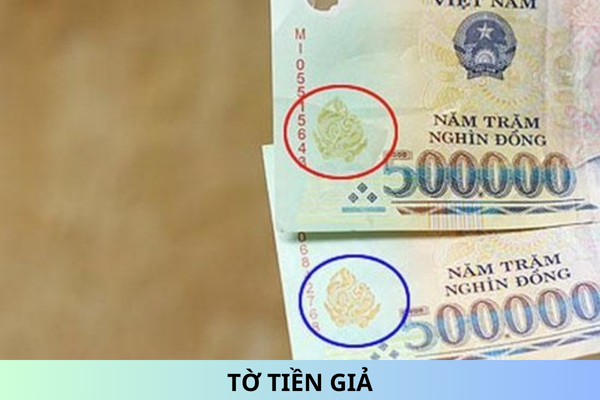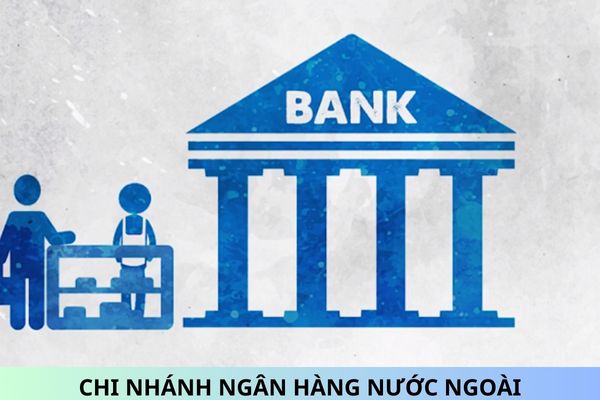How is the Recipient Who Receives an Incorrect Transfer and Does Not Return it Dealt With?
Translation:
According to Clause 1, Article 32 of Circular 37/2016/TT-NHNN issued by the State Bank of Vietnam regarding the management, operation, and use of the interbank electronic payment system:
"In the case of detecting a payment order error due to technical faults or forgery before accounting time, the receiving unit is not allowed to account but must cooperate with the order-creating unit and the operating unit of the IBPS to apply handling measures."
In principle, when you mistakenly transfer money into another person's account, you need to bring your ID card, ATM card, transfer receipt printed from the ATM, and provide information about your account number and signature, the wrong transfer account number, and the correct account number you want to transfer to, to the bank where you transferred the money to report the mistaken transfer and request inspection and review of the interbank transfer transaction error. Upon detecting any signs of mistake or error, the bank will notify the account holder and proceed to freeze or temporarily lock the account until the error is clarified and resolved. In the case where the beneficiary's account has been locked or frozen but still holds the amount you transferred, the bank will return the money to you.
If the mistaken amount has already been withdrawn from the beneficiary's account, the bank will notify and contact the account holder to request the return of the said amount. If the account holder refuses to return the money, you can request the bank to provide information about the account holder to file a lawsuit demanding the return of the amount based on Article 579 of the 2015 Civil Code:
Any person who possesses or uses the property of another without lawful ground must return it to the owner or the lawful right holder of the property; if the owner or the lawful right holder of the property cannot be located, the property must be handed over to the competent state agency, except as prescribed in Article 236 of this Code.
Any person who unlawfully gains benefits from property to the detriment of others must return the gained benefits to the aggrieved person, except as prescribed in Article 236 of this Code.
In this case, if the account holder you mistakenly transferred to has been notified by the bank, and you have requested the return of the money but the person still deliberately unlawfully holds the property, they may be held criminally liable under Article 176 of the 2015 Criminal Code and Point b, Clause 3, Article 2 of the Law amending the Criminal Code 2017, which stipulates:
Anyone who intentionally fails to return property worth from VND 10,000,000 to less than VND 200,000,000 or less than VND 10,000,000 but the property is an artifact, relic, or item of historical or cultural value which was mistakenly delivered or found, after the owner, lawful manager, or competent agency requests the return of the property per legal regulations, shall be subject to a fine of VND 10,000,000 to VND 50,000,000, non-custodial reform for up to 2 years, or imprisonment from 3 months to 2 years.
If the detained property is valued at VND 200,000,000 or more, or if it is a national treasure, the imprisonment penalty shall range from 1 to 5 years.
Thus, if the person you mistakenly sent the money to has no intention of returning the property to you, you may report this act to the district/county-level police where the person resides or file a lawsuit at the district/county-level People's Court to claim the property.
The above is the advice from the Editorial Board of Thu Ky Luat regarding handling the act of not returning mistakenly transferred money. You should refer to the detailed 2015 Civil Code for a clear understanding of this regulation.
Sincerely!










